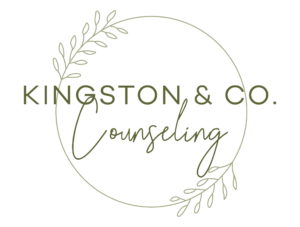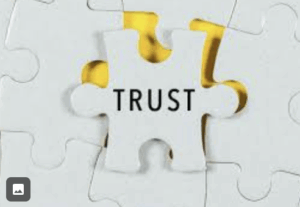Creating lasting change is one of the most common goals clients bring to therapy. Whether it’s improving communication, managing anxiety, building confidence, or establishing self-care routines, making those changes “stick” is often the hardest part. While insight and reflection are crucial, successful therapy also involves building sustainable habits that support your emotional and mental well-being.
In this post, we’ll explore what makes habits stick in therapy — and how you can make progress that truly lasts.
The Science Behind Habit Formation
Habits form when a behavior is repeated often enough that it becomes automatic. This process is driven by a loop of cue, routine, and reward. In therapy, the goal isn’t just to understand why you do something, but also to change the how ; the behaviors that follow certain emotional triggers or environmental cues.
For example, someone navigating anxiety might discover that stress at work (the cue) leads to late-night scrolling (the routine), which temporarily reduces tension (the reward). In therapy, this awareness becomes the foundation for replacing the habit with a more supportive routine, like meditation, journaling, or taking a walk.
Why Motivation Isn’t Enough
Many people believe they need to feel motivated to start a new habit — but motivation is fleeting. What works better is designing systems and supports around your goal. In therapy, we help clients identify small, repeatable actions that don’t rely on willpower alone.
This could look like:
- Setting phone reminders for daily check-ins.
- Pairing a new habit with an existing routine (e.g., practicing gratitude while brushing your teeth).
- Creating accountability by sharing goals during sessions.
When working through depression, even basic routines can feel overwhelming. Therapy provides both structure and compassion, helping you adjust goals based on your emotional capacity rather than pushing through with unrealistic expectations.
Emotions and Habit Disruption
One of the biggest challenges to maintaining habits is emotional disruption. Stress, grief, or interpersonal conflict can throw off even the best intentions. That’s why it’s important to build emotional regulation skills alongside behavioral changes.
In couples therapy, for instance, partners may commit to communicating more openly — but if underlying resentment or unprocessed emotions aren’t addressed, the new habit often collapses. Therapy helps clients manage these emotional roadblocks so that their new habits aren’t derailed by old patterns.
Tracking Progress and Celebrating Small Wins
Another key factor in making habits stick is celebrating progress — even when it’s small. In therapy, this means naming what’s working, not just what still needs to change.
Your therapist might help you track:
- Days without self-criticism.
- Attempts at assertive communication.
- Moments of choosing rest over burnout.
For clients working through childhood wounds or trauma, recognizing and affirming these micro-wins builds a sense of self-efficacy. It reinforces the belief: I am capable of change.
The Role of a Therapist in Habit Formation
At Kingston & Co Counseling, our therapists work with you to:
- Identify habits that support your goals and values.
- Understand the emotional drivers behind unhelpful patterns.
- Develop realistic, sustainable routines.
- Stay flexible when life disrupts your plans.
- Build compassion into your self-growth journey.
Whether you’re navigating stress, relationship challenges, or internalized self-doubt, therapy can be a powerful container for building habits that align with the person you want to become.
Ready to Make Change That Lasts?
Therapy isn’t just about breakthroughs in the room — it’s about building habits that support your life outside of it. With the right support, structure, and emotional tools, you can create routines that feel natural, nourishing, and aligned with your growth.







